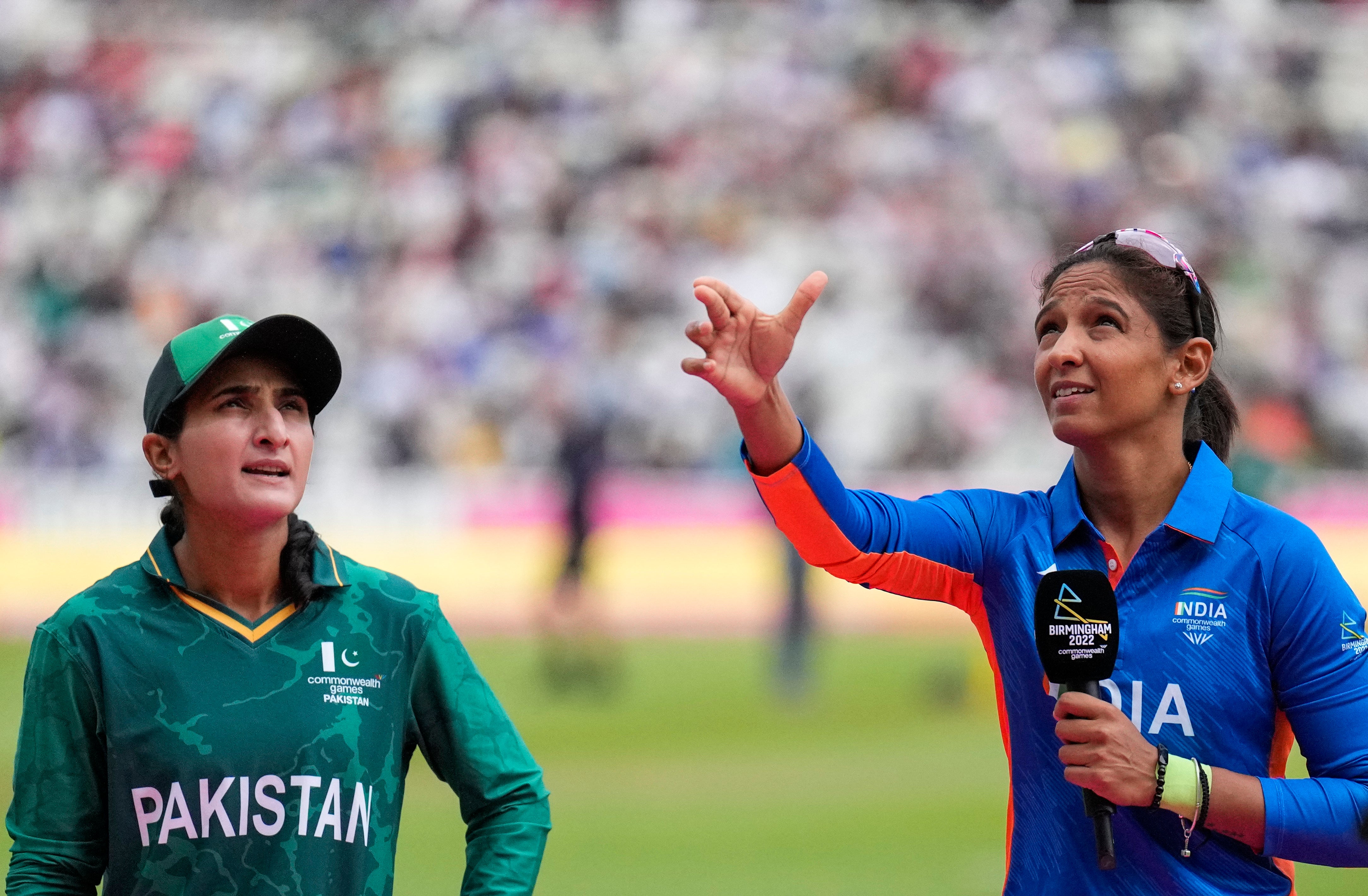The Independent's journalism is supported by our readers. When you purchase through links on our site, we may earn commission.
India and Pakistan at 75 years: both countries have betrayed the optimism at birth
Both India and Pakistan shared similar lofty promises for a new beginning, but have strayed far from those ideals


Your support helps us to tell the story
From reproductive rights to climate change to Big Tech, The Independent is on the ground when the story is developing. Whether it's investigating the financials of Elon Musk's pro-Trump PAC or producing our latest documentary, 'The A Word', which shines a light on the American women fighting for reproductive rights, we know how important it is to parse out the facts from the messaging.
At such a critical moment in US history, we need reporters on the ground. Your donation allows us to keep sending journalists to speak to both sides of the story.
The Independent is trusted by Americans across the entire political spectrum. And unlike many other quality news outlets, we choose not to lock Americans out of our reporting and analysis with paywalls. We believe quality journalism should be available to everyone, paid for by those who can afford it.
Your support makes all the difference."There is no resting for any one of us till we redeem our pledge in full, till we make all the people of India what destiny intended them to be,” said Jawaharlal Nehru on August 15, 1947.
“It is only with united effort and faith in our destiny that we shall be able to translate the Pakistan of our dreams into reality,” said Mohammed Ali Jinnah, in the same month, a year later.
Both India and Pakistan, 75 years after independence, shared similar lofty promises for a new beginning, the same scars of history, the same culture and even languages. And yet, today, they have diverged sharply in trajectories in many ways, and remained remarkably similar in others.
I won’t try and summarise their history or give you an overview of the last 75 years. Instead, I want to pick one area of optimism and one area of pessimism from both countries.
The case for optimism
A nation’s public health has a direct bearing on its general well-being. In the 1950s and even up to the 1970s, the infant mortality rate (IMR) in India was abysmal. 129 out of every 1000 infants did not survive to celebrate their first birthday. Today, official statistics show that number has dropped to 20 infants out of 1000. The situation is still patchy, depending on each state and in rural v urban areas, but it has improved vastly. In Pakistan, the IMR has also declined to 56, but a similar disparity between urban and rural areas continues. Mothers have fared even better; in 1990, 556 women out of 10,000 during delivery. By 2018, that had been cut to 113.
Both countries have also improved vastly on average life expectancy. In 1970 an average person could expect to live up to 47 years, now that has jumped to 70 years. In India, the average life expectancy is at 69.7 years, just below the global average of 72.6 years.
Though health spending in both countries remains very low by international standards, both India and Pakistan have made large strides in improving public health over the last 75 years. Their people should be proud of that fact, having saved millions of lives and improved countless others.
The case for pessimism
For all the strides made in other areas, both India and Pakistan have regressed badly in allowing religious extremism to thrive. Hope is soon followed by hopelessness at times, when even the improvements in many areas pale into relative insignificance.
Last week, the leader of the Indian government encouraged all households to hoist the national flag for the 75th anniversary. But, as several people in India pointed out, many Indians don’t even have homes, let alone the money to buy a flag. Worse, officials were caught forcing people, who were entitled to free food at government ration shops, to buy flags in return for provisions.
Narendra Modi’s government has made Hindu nationalism a hallmark of government policy. The government has launched a citizenship scheme which has been widely criticised as an effort to strip Muslims of their Indian citizenship. Modi’s India has become increasingly inhabitable for Muslims, as rising hatred towards them is often government inspired or encouraged. The Christian community too have been victims of hatred, with often little recourse to the law. Today’s India is far from the secular and equal society as per its constitution and as envisioned by its founding fathers.
To keep up to speed with all the latest opinions and comment, sign up to our free weekly Voices Dispatches newsletter by clicking here
In Pakistan, a similar drive towards religious nationalism has hindered rather than made the nation more cohesive. Political parties make electoral alliances with hardline religious groups and add to the voices of sectarian hate when they need public support against rivals. The religion card is often used to accuse the government of either working for the United States or Israel.
Politicians in Pakistan have neither the will nor the intent to tackle religious extremism as everyone has benefited from it. At the time of Pakistan’s inception, 60 per cent of the population were Muslim, and 40 per cent were religious minorities. Almost 75 years later, the number of religious minorities have dwindled to an abysmal 4 per cent.
Religious extremism is also reflected in Pakistan’s anti-blasphemy laws where many Christians, Hindus and Sikhs have been falsely accused of blasphemy, arrested and imprisoned or killed. Other minority groups such as the Ahmadis and the Hazara community face constant persecution with impunity. According to a 2019 report by Pakistan’s National Commission for Human Rights, an independent watchdog, at least 509 Hazara have been killed for their faith since 2013 and from 2009 to 2014, nearly 1000 have died in sectarian violence.
This anniversary is a valuable opportunity for both internal and external reflection – not least about how far both countries have shifted away from the vision that was outlined at their birth.
Join our commenting forum
Join thought-provoking conversations, follow other Independent readers and see their replies
Comments